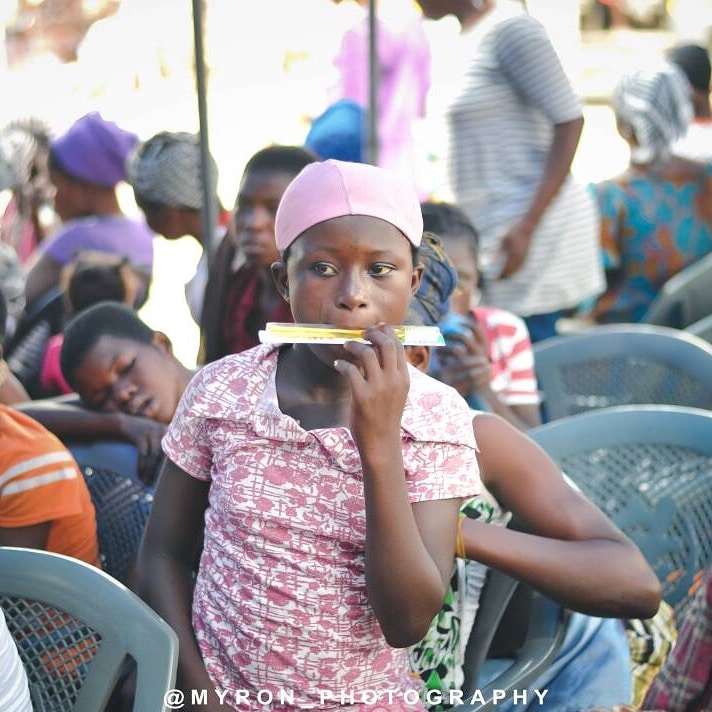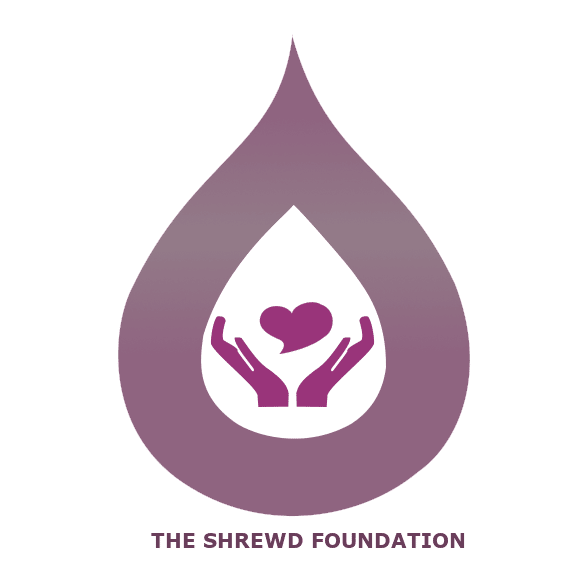Female street children, a vulnerable and marginalized group, face numerous health challenges as a result of their living conditions and circumstances. These young girls, often without proper shelter, education, or protection, are exposed to a range of health risks that can have long-lasting consequences. Understanding and addressing the health issues faced by female street children is crucial for ensuring their well-being and creating opportunities for a better future.
- Malnutrition and Hunger: Female street children frequently struggle with malnutrition and inadequate access to nutritious food. Limited resources and reliance on irregular meals can lead to deficiencies in essential vitamins and minerals, compromising their overall health and growth. Malnutrition weakens their immune systems, making them more susceptible to diseases and infections.
- Poor Hygiene and Sanitation: Lack of proper sanitation facilities and access to clean water pose significant health risks to female street children. They often lack the means to maintain personal hygiene, leading to an increased likelihood of skin infections, parasitic infestations, and other preventable diseases. Insufficient access to toilets and handwashing facilities further exacerbates these issues.
- Reproductive Health Challenges: Female street children face unique reproductive health challenges due to their vulnerable living conditions. Lack of awareness, limited access to healthcare services, and the absence of appropriate sanitary materials put them at risk of reproductive health infections, including sexually transmitted infections (STIs). Early pregnancies and unsafe abortions are also prevalent among this population, leading to physical and psychological health consequences.
- Mental Health Concerns: Female street children are at a higher risk of experiencing mental health issues due to the hardships they face, such as homelessness, violence, and social isolation. The constant stress, trauma, and lack of emotional support can contribute to anxiety, depression, post-traumatic stress disorder (PTSD), and other mental health disorders. Without adequate mental health services and support, these girls are often left untreated and vulnerable.
- Substance Abuse: The harsh realities of street life expose female street children to increased risks of substance abuse. Substance use serves as a coping mechanism for the challenges they face, further compromising their physical and mental health. Drug addiction not only affects their overall well-being but also increases their vulnerability to exploitation and violence.
- Sexual Exploitation and Abuse: Female street children are particularly susceptible to sexual exploitation, including forced labor, prostitution, and trafficking. These experiences put them at a higher risk of contracting sexually transmitted infections, HIV/AIDS, and other reproductive health issues. The physical and emotional consequences of sexual abuse can have long-lasting effects on their health and well-being.
- Lack of Access to Healthcare: Female street children often face significant barriers in accessing healthcare services. Financial constraints, lack of identification documents, and discrimination prevent them from receiving essential medical care. This lack of access hampers their ability to receive timely diagnosis, treatment, and preventive care, leading to worsening health conditions.
Addressing the Health Needs of Female Street Children:
- Outreach Programs and Safe Spaces: Establishing outreach programs that specifically target female street children can provide them with essential health services, including vaccinations, nutrition support, and reproductive health education. Safe spaces should be created where they can access basic hygiene facilities, receive medical care, and receive counseling support.
- Education and Awareness: Empowering female street children through education and awareness campaigns is essential to address their health needs. Providing information on hygiene practices, reproductive health, and mental health can help prevent illness, promote self-care, and encourage early intervention.
- Collaboration with NGOs and Healthcare Providers: Collaborating with non-governmental organizations (NGOs) and healthcare providers can ensure that female street children receive the necessary healthcare support. This can involve setting up mobile clinics, offering counseling services, and training healthcare professionals to address the specific needs of this vulnerable population.
- Advocacy and Policy Support: Advocacy efforts are crucial to raise awareness about the health issues faced by female street children and advocate for policies that protect their rights and well-being. Governments and policymakers should prioritize their inclusion in healthcare programs, provide safe housing options, and establish protective measures against exploitation and abuse.
- Rehabilitation and Reintegration: Efforts should be made to rehabilitate and reintegrate female street children into society. This includes providing access to education, vocational training, and safe living environments. Addressing their health needs holistically is essential for their successful reintegration into society.
In conclusion, the health issues faced by female street children are complex and require comprehensive approaches that address their physical, reproductive, mental, and social well-being. By prioritizing their health needs and providing them with the necessary support, we can empower these young girls and give them a chance for a healthier and brighter future.
WHAT’S OUT THERE: The Health Profile of Street Children in Africa: A Literature Review








